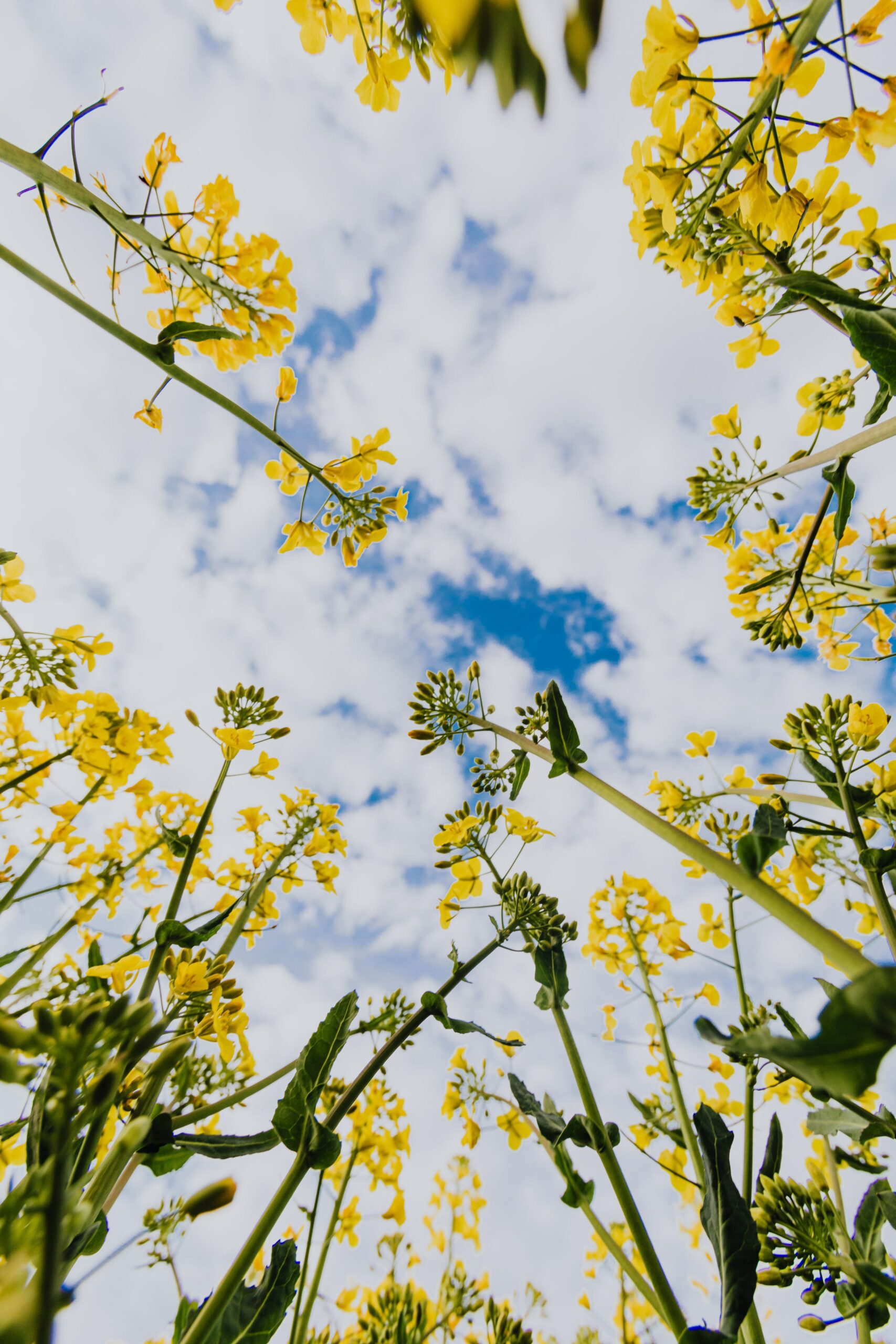Appropriate maintenance is critical once the other water-saving steps are in place.
Regular maintenance will not only preserve the beauty of your landscape but will keep it healthy. Maintenance needs of a carefully planned Xeriscape should decrease over time as plantings mature. By following the seven principles your landscape will require less watering, mowing, fertilizer and other chemicals to keep it looking great.
Plantings: Pruning, pest control and weeding will help ensure that your garden vision is realized. Once plants are established apply only the minimum amount of fertilizer needed. Prune plants to the desired shape and size, and remove weak or diseased parts. This encourages healthy growth, prevents plant over-growth and keeps watering needs at a minimum. Healthy, actively growing plants are the best defense against pests and diseases. Before treating any pest, identify the insect and determine if it is actually causing damage to plants. Many are beneficial.
Lawn: Water less often and deeply to encourage deep roots. Water only when needed. When turf grass is under water stress it takes on a blue-green color and the leaves tend to roll or fold. Foot printing may also be observed which is a good indication that water is needed. Have soil tested for nutrients. It is best to apply Phosphorus in the spring to promote root development. Apply nitrogen in the late fall (3-4 weeks before soil freezes).
A good rule for mowing is: Mow high, mow frequently and leave the clippings. Raise the lawn mower blade(s) so that only one-third of the grass blade is removed at a time for a higher cut. A higher cut encourages grass roots to grow deeper, making the grass more drought-tolerant. Grass cycling, the practice of leaving grass clippings on the turf area instead of bagging them, adds moisture and nutrients back to the turf and conserves moisture by acting as a mulch at the base of the grass blades.
Irrigation System: Over-watering, the most common mistake, increases the water bill, disease and insect control expenses and plant replacement costs. Take note of the weather and adjust watering accordingly. Check water filters monthly. Watch for plants showing water stress (wilting) which indicates either a clogged emitter or that more water is needed. Winterize the system in mid October. At start up in the spring check for any breakage and ensure the system operates correctly.
Summary: Seven Steps to Xeriscape
By following these guidelines and tips, you too can create your own water-saving Xeriscape. Help your neighbors, friends and family start their own Xeriscapes. Trade plants and ideas. Most of all, enjoy the thought that your beautiful Xeriscape is saving you time, energy, money and conserving our valuable water resources.
1. Planning & Design
Start with a good layout of the site, develop a list of wants and needs and identify site problems such as wind or privacy. Divide the landscape into watering zones. Develop your plan using proper plants for the Antelope Valley and incorporate shade areas.
2. Soil Analysis
Evaluate the soil including water-holding capacity and drainage. Use soil amendments if needed to improve soil conditions.
3. Appropriate Plant Selection
Select plants appropriate for living in the High Desert. Place plants in appropriate zones according to their water needs.
4. Practical Turf Areas
Use turf for practical functions, such as a recreational area. Use a good drought resistant blend that will adapt to your needs.
5. Efficient Irrigation
To make every drop count, water efficiently to prevent run-off or evaporation loss. Let your plants tell you when they need water. Hand watering and drip irrigation uses 30 to 50 percent less water than sprinkler irrigation.
6. Use of Mulches
Use mulch to help keep weeds out and moisture in. Mulches come in many forms, pine back, straw, mini nuggets, rock, shredded back, coco shells.
7. Appropriate Maintenance
Once plants are established, reduce the rate and frequency of water applied. Do not encourage new growth by over watering. Avoid plant stress by mowing properly, by thinning shrubs instead of shearing, and controlling weeds and pests before they affect plant health.
Xeriscape gardening is a practical, common-sense approach to quality landscapes that conserves water and protects the environment. It is a beautiful way to have twice the landscape for half the water.

| Cookie | Duration | Description |
|---|---|---|
| cookielawinfo-checkbox-analytics | 11 months | This cookie is set by GDPR Cookie Consent plugin. The cookie is used to store the user consent for the cookies in the category "Analytics". |
| cookielawinfo-checkbox-functional | 11 months | The cookie is set by GDPR cookie consent to record the user consent for the cookies in the category "Functional". |
| cookielawinfo-checkbox-necessary | 11 months | This cookie is set by GDPR Cookie Consent plugin. The cookies is used to store the user consent for the cookies in the category "Necessary". |
| cookielawinfo-checkbox-others | 11 months | This cookie is set by GDPR Cookie Consent plugin. The cookie is used to store the user consent for the cookies in the category "Other. |
| cookielawinfo-checkbox-performance | 11 months | This cookie is set by GDPR Cookie Consent plugin. The cookie is used to store the user consent for the cookies in the category "Performance". |
| viewed_cookie_policy | 11 months | The cookie is set by the GDPR Cookie Consent plugin and is used to store whether or not user has consented to the use of cookies. It does not store any personal data. |
